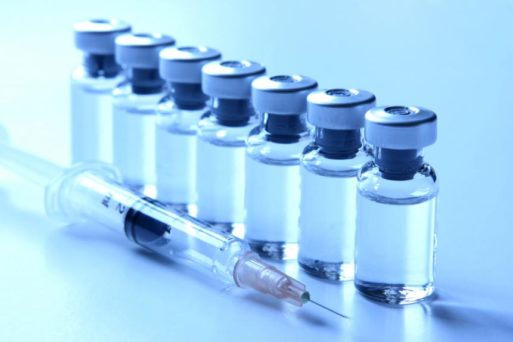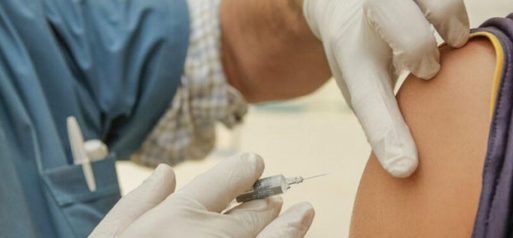
Credit: FDA
With only 52% of the nation fully vaccinated against COVID-19, and a growing number of breakthrough infections occurring due to the Delta variant, there is concern that the current vaccine dosage is not enough to keep elderly and immunocompromised people safe from the virus. U.S. officials recently announced that vaccine boosters in the form of a third dose of the Moderna and Pfizer vaccines would be available to adults 18 and older starting in September, pending safety approval.
While the current dosage of two vaccine shots for Moderna and Pfizer have proven to be highly effective at protecting individuals against COVID-19, some data suggests that immunity may decrease over time, a possibility of particular concern for vulnerable populations. Israel has released data indicating that the COVID-19 vaccines may gradually become less effective in preventing serious infections among people 65 and older. Similar studies are taking place in the U.S.
The vaccine boosters would likely be administered eight months after an individual’s second shot. President Joe Biden recently suggested that this timeline may be shifted to five months, following Israel’s example. However, Biden’s administration maintains that the eight-month timeline has not changed.

The boosters are expected to be approved around Labor Day, pending data on their safety and efficacy. However, some officials say it is still unclear how best to measure the immunity of vaccinated individuals against the virus. One way to evaluate immunity is to measure antibodies, but this may not be the most effective method. “The question of whether antibodies are a marker of adequate immunity is one we have not answered yet,” said Dr. Michael Wasserman, a geriatrician on the California vaccine advisory committee, in an NBC news article. “The fact that antibodies are going down is normal, and it doesn’t mean that those people are not immune to the virus.”
According to the Centers for Disease Control and Prevention, the first individuals to be eligible for vaccine boosters will likely be those who received the vaccine first: health care workers, long-term care residents and the elderly.

 Vaccine Boosters to be Available in September Pending Approval
Vaccine Boosters to be Available in September Pending Approval


 How Dare You Die Now!
How Dare You Die Now!

 “Help Me, Helen”
“Help Me, Helen”














